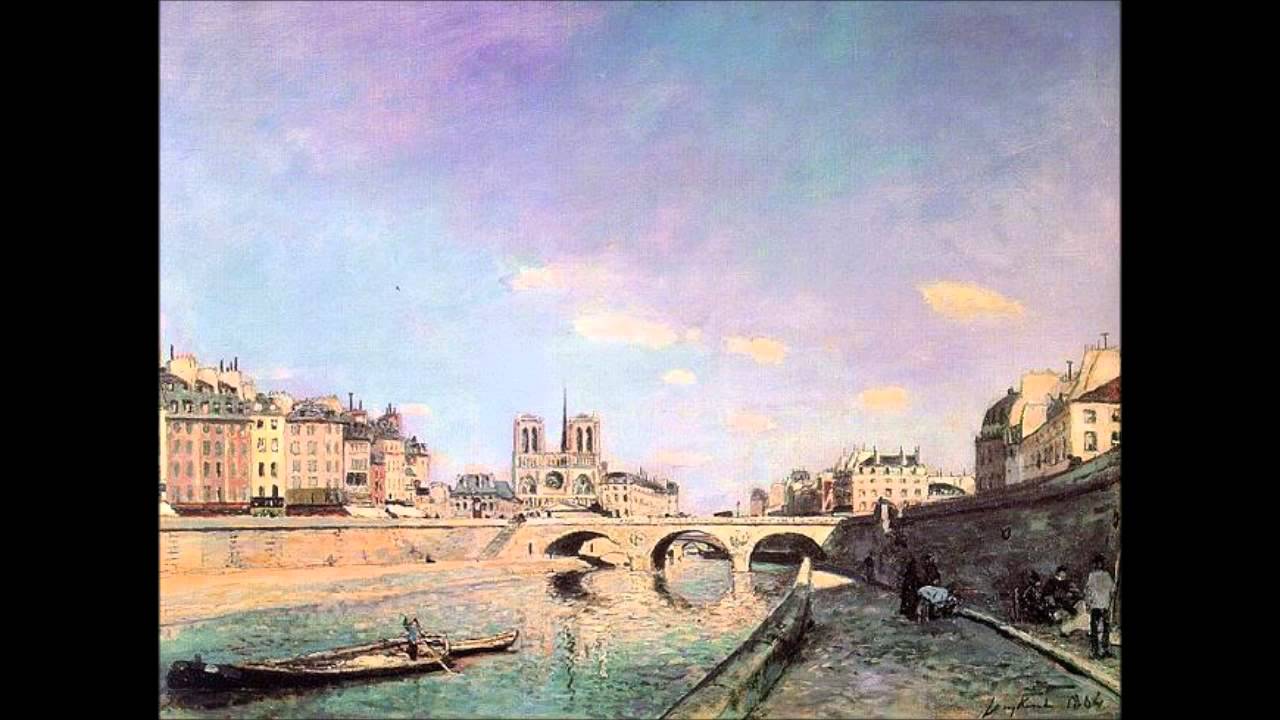One of my dearest friends from my time at Juilliard is Sasha Cooke, a mezzo who should be very familiar to NYFOS audiences. Her vulnerability and honesty comes to life in this early performance of her, of Debussy’s Chansons de Bilitis.
The poet Louÿs composed Chansons de Bilitis after traveling in Italy in a “Parnassian” style. The poems are actually pseudotranslations—in the orginal collection of poems, he fraudulently claimed that they were translated from Greek, and even invented a fake archeologist who features in the book. The songs are famously erotic, and singers now tend to present them in a rather sultry tone—but this actually goes against Debussy’s intentions. The singer who he selected to premiere the piece, Blanche Marot, was actually selected for her virginity. She later related an anecdote between Debussy and her mother:
“Tell me, Madame, your daughter is not yet twenty? Good. It’s very important, because if she understand the second song, “La Chevelure,” she won’t sing it in the right way; she mustn’t grasp the true brazenness of Bilitis’s language…” My mother set Debussy’s anxieties at rest and everything went splendidly.”
Roger Nichols, Debussy Remembered (Portland, OR: Amadeus Press, 1992), 59.
Translations by Pamela Dellal
La Flûte de Pan
Pour le jour des Hyacinthies,
il m’a donné une syrinx faite
de roseaux bien taillés,
unis avec la blanche cire
qui est douce à mes lèvres comme le miel.
Il m’apprend à jouer, assise sur ses genoux;
mais je suis un peu tremblante.
il en joue après moi,
si doucement que je l’entends à peine.
Nous n’avons rien à nous dire,
tant nous sommes près l’un de l’autre;
mais nos chansons veulent se répondre,
et tour à tour nos bouches s’unissent sur la flûte.
Il est tard: voici le chant des grenouilles vertes
qui commence avec la nuit.
Ma mère ne croira jamais
que je suis restée si longtemps
à chercher ma ceinture perdue. |
The Pan-Flute
For Hyacinth’s day,
He has given me a syrinx made
Of tightly-bound reeds,
Joined with white wax,
That is as sweet as honey on my lips.
He teaches me to play, sitting on his knee;
But I tremble somewhat.
He plays after me,
So softly that I can barely hear it.
We have nothing to say to each other,
Since we are so close together;
But our melodies respond,
And again and again our mouths unite on the flute.
It is late; now the song of the green frogs
Begins with the nightfall.
My mother will never believe
That I have been delayed so long
Looking for my lost belt. |
La chevelure
Il m’a dit: “Cette nuit, j’ai rêvé.
J’avais ta chevelure autour de mon cou.
J’avais tes cheveux comme un collier noir
autour de ma nuque et sur ma poitrine.
“Je les caressais, et c’étaient les miens;
et nous étions liés pour toujours ainsi,
par la même chevelure,
la bouche sur la bouche,
ainsi que deux lauriers n’ont souvent
qu’une racine.
“Et peu à peu, il m’a semblé,
tant nos membres étaient confondus,
que je devenais toi-même,
ou que tu entrais en moi comme mon songe.”
Quand il eut achevé,
il mit doucement ses mains sur mes épaules,
et il me regarda d’un regard si tendre,
que je baissai les yeux avec un frisson. |
The Tresses
He said to me: “I dreamed last night.
I had your tresses around my throat.
I wore your hair like a black collar
Around my neck and down my breast.
“I caressed them, and they were mine;
and we were joined like this forever,
by the same hair,
mouth upon mouth,
just as two laurels often have only
one root.
“And little by little, it seemed to me,
our limbs became so mingled,
that I became you,
or that you entered me like my dream.”
When he finished,
He placed his hands gently upon my shoulders,
And looked at me with a gaze so tender,
That I lowered my eyes with a shiver. |
Le tombeau des Naïades
Le long du bois couvert de givre, je marchais;
Mes cheveux devant ma bouche
Se fleurissaient de petits glaçons,
Et mes sandales étaient lourdes
De neige fangeuse et tassée.
Il me dit: “Que cherches-tu?”
Je suis la trace du satyre.
Ses petits pas fourchus alternent
Comme des trous dans un manteau blanc.
Il me dit: “Les satyres sont morts.
Les satyres et les nymphes aussi.
Depuis trente ans, il n’a pas fait un hiver aussi terrible.
La trace que tu vois est celle d’un bouc.
Mais restons ici, où est leur tombeau.”
Et avec le fer de sa houe il cassa la glace
De la source ou jadis riaient les naïades.
Il prenait de grands morceaux froids,
Et les soulevant vers le ciel pâle,
Il regardait au travers. |
The tomb of the naiads
Along the woods covered in frost, I walked;
My hair in front of my mouth
Blossomed with little ice crystals
And my sandals were heavy
With muddy, clumped snow.
He said to me: “What are you looking for?”
I’m following the tracks of a satyr.
His little cloven footprints alternate
Like holes in a white mantle.
He said to me: “The satyrs are dead.
The satyrs and the nymphs as well.
For thirty years there has not been a winter this terrible.
The tracks you see are those of a goat.
But let’s stay here, where their tomb is.”
And with his iron hoe he broke the ice
Over the spring where once the naiads laughed.
He picked up one of the large frozen pieces,
And, lifting it towards the pale sky,
He looked through it. |



0 Comments